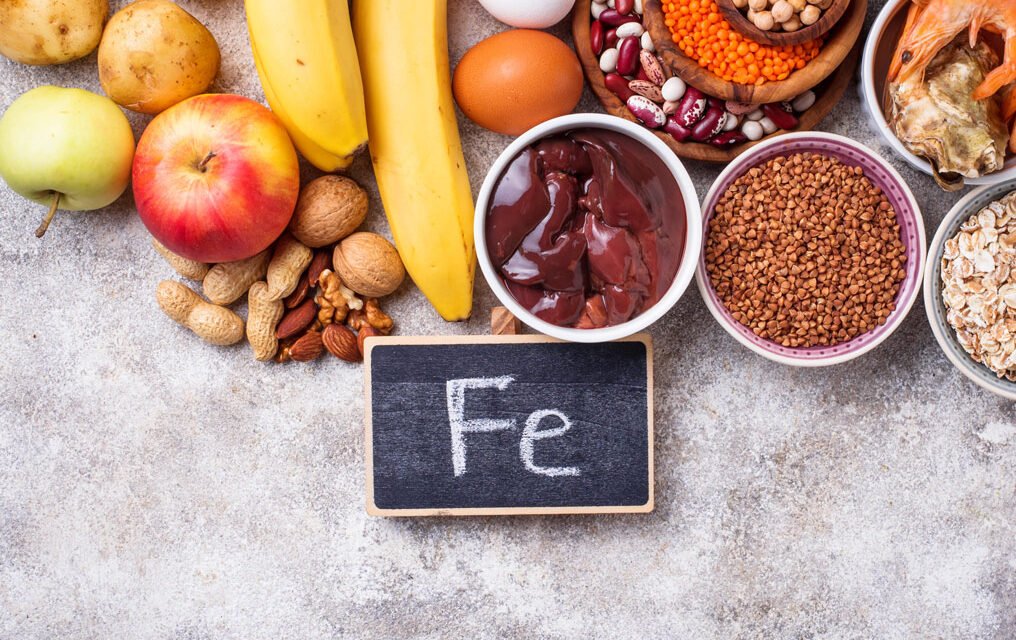Anemia is a condition characterized by a low level of red blood cells or hemoglobin in the blood, leading to a reduced capacity to carry oxygen to the body’s tissues. It can result in fatigue, weakness, and a decreased ability to concentrate. While anemia can have various causes, including chronic diseases and genetic conditions, a common type is iron-deficiency anemia. Fortunately, incorporating natural foods rich in iron and other essential nutrients into your diet can help prevent and combat anemia, promoting optimal health and vitality. In this article, we will explore the impact of anemia on health, discuss iron-rich foods to include in your diet, and highlight other powerhouse foods that provide essential nutrients for individuals with anemia.
Understanding Anemia and its Impact on Health
Anemia can have a significant impact on overall health and well-being. When the body lacks the necessary amount of red blood cells or hemoglobin, it becomes more difficult to supply oxygen to tissues and organs. This can result in fatigue, weakness, dizziness, shortness of breath, and even heart palpitations. Individuals with anemia may also experience reduced cognitive function and impaired immune system function. It is crucial to address anemia promptly to prevent further complications and promote optimal health.
Including Iron-Rich Foods in Your Diet for Anemia Prevention
Iron is a vital mineral required for the production of hemoglobin, which carries oxygen to the body’s cells. Including iron-rich foods in your diet can help prevent iron-deficiency anemia and support overall health. Good sources of dietary iron include lean meats like beef and poultry, fish, eggs, and legumes such as lentils and beans. Vegetarians and vegans can obtain iron from plant-based sources such as spinach, kale, broccoli, and fortified cereals. To enhance iron absorption, pair iron-rich foods with sources of vitamin C, like citrus fruits or bell peppers, as vitamin C aids in iron absorption.
Powerhouse Foods Beyond Iron: Essential Nutrients for Anemic Individuals
While iron is crucial for combating anemia, it is not the only essential nutrient. Anemic individuals should also include other powerhouse foods in their diet to ensure overall nutritional balance. Vitamin B12 is particularly important as it helps the body produce healthy red blood cells. Good sources of vitamin B12 include animal products like meat, fish, and dairy. Vegetarians and vegans can find vitamin B12 in fortified cereals and plant-based milk alternatives. Folic acid, another essential nutrient, supports the production of red blood cells. Foods rich in folic acid include leafy greens, citrus fruits, nuts, and seeds. Additionally, incorporating foods high in vitamin A, vitamin C, and copper can aid in improving iron absorption and red blood cell production.
Incorporating natural foods rich in essential nutrients such as iron, vitamin B12, folic acid, and other vital vitamins and minerals is crucial for preventing and combating anemia. By understanding the impact of anemia on health and making conscious dietary choices, individuals can safeguard themselves against this condition and promote overall well-being. It is always advisable to consult with a healthcare professional or registered dietitian to create a personalized diet plan that meets individual needs and ensures optimal nutrient intake. By embracing a balanced and nutrient-dense diet, we can foster good health and prevent anemia from hindering our vitality.
| Food/Product | Iron Concentration (mg per 100g) |
|---|---|
| Liver (Beef) | 6.2 |
| Lentils | 3.3 |
| Spinach (cooked) | 3.6 |
| Chickpeas | 2.9 |
| Pumpkin Seeds | 3.3 |
| Quinoa | 2.8 |
| Tofu | 2.7 |
| Dark Chocolate (70-85%) | 6.8 |
| Sardines | 2.9 |
| Beef (cooked) | 2.7 |
| Eggs | 1.2 |
| Whole Wheat Bread | 0.9 |

